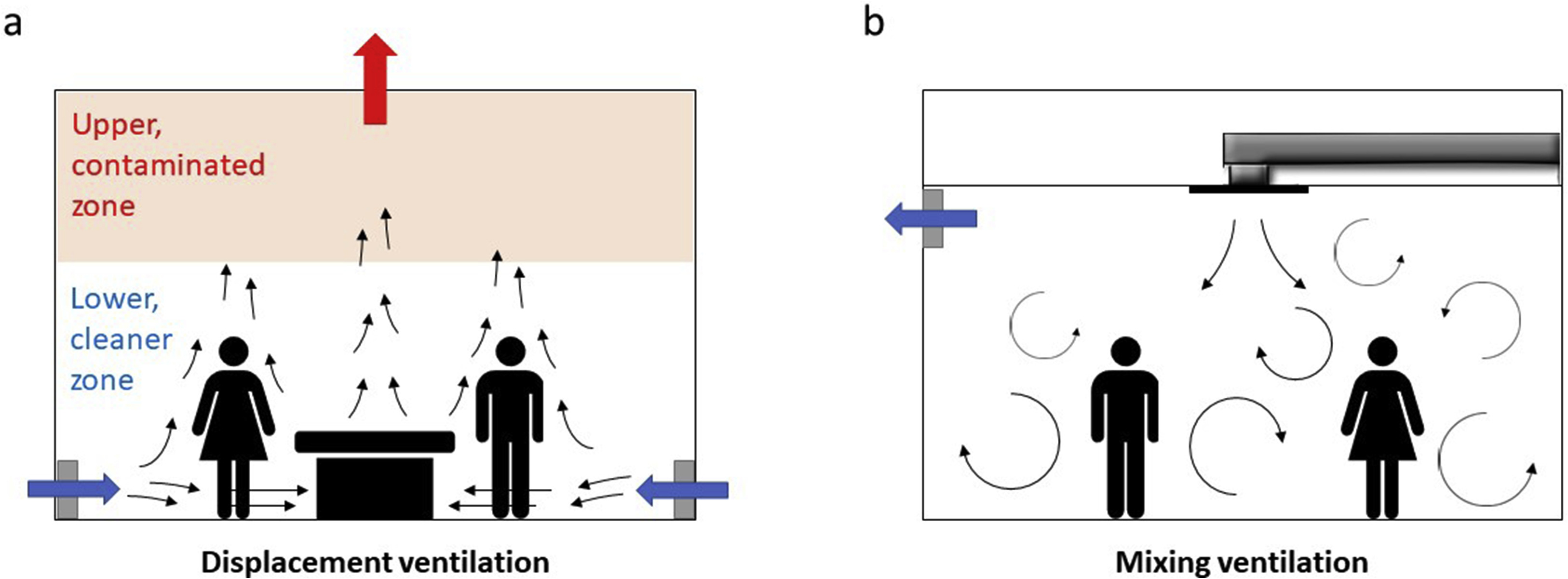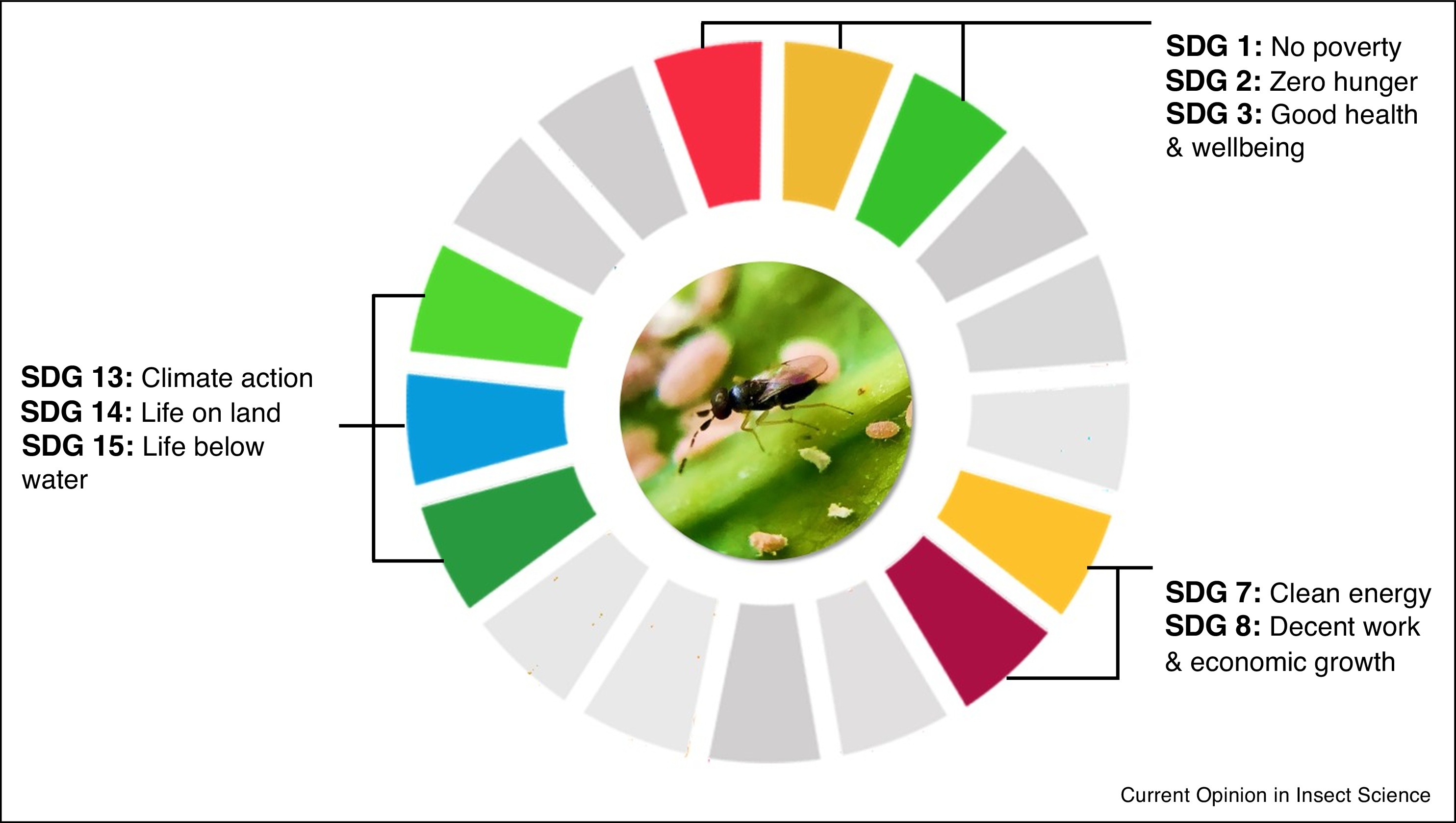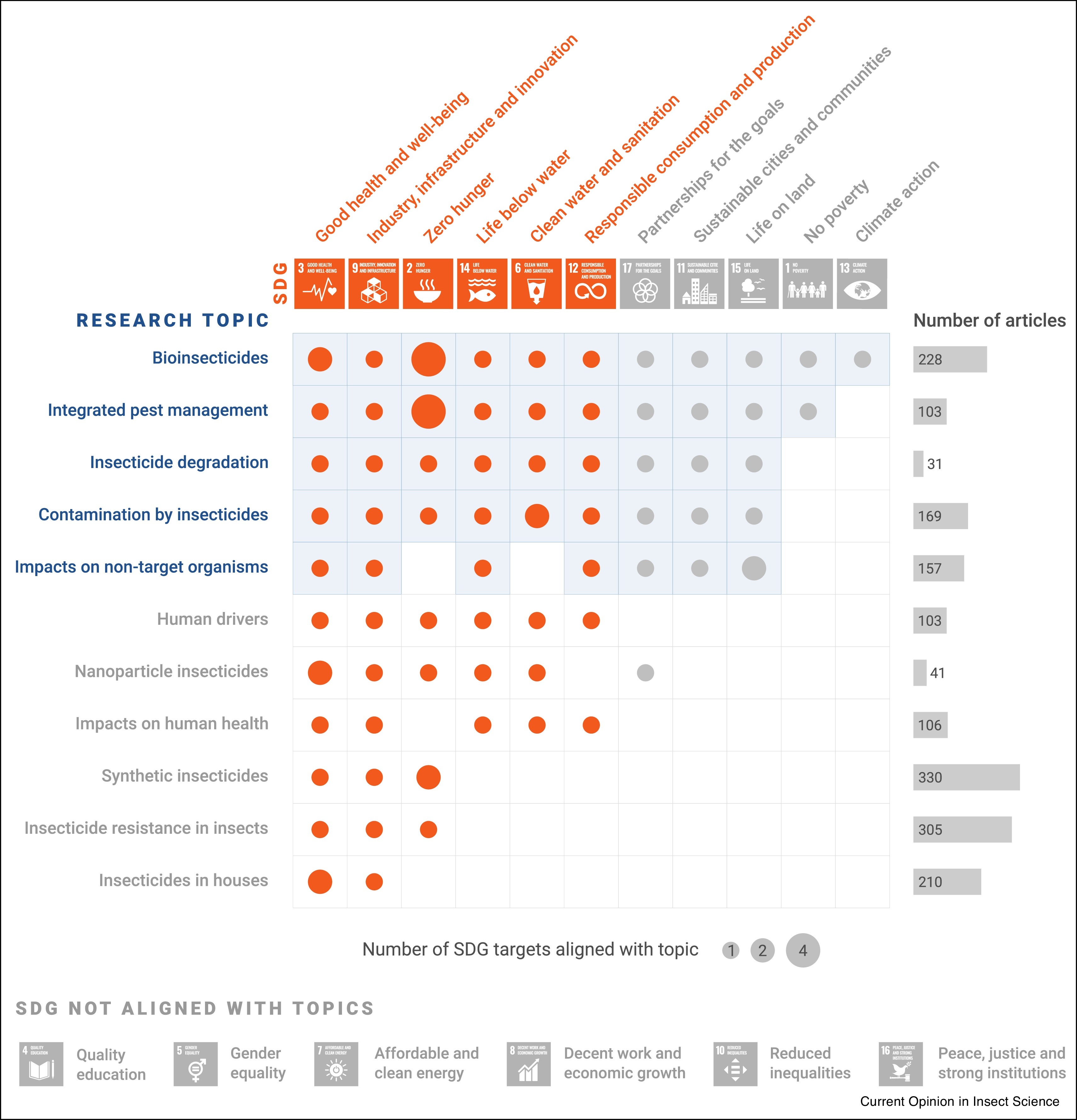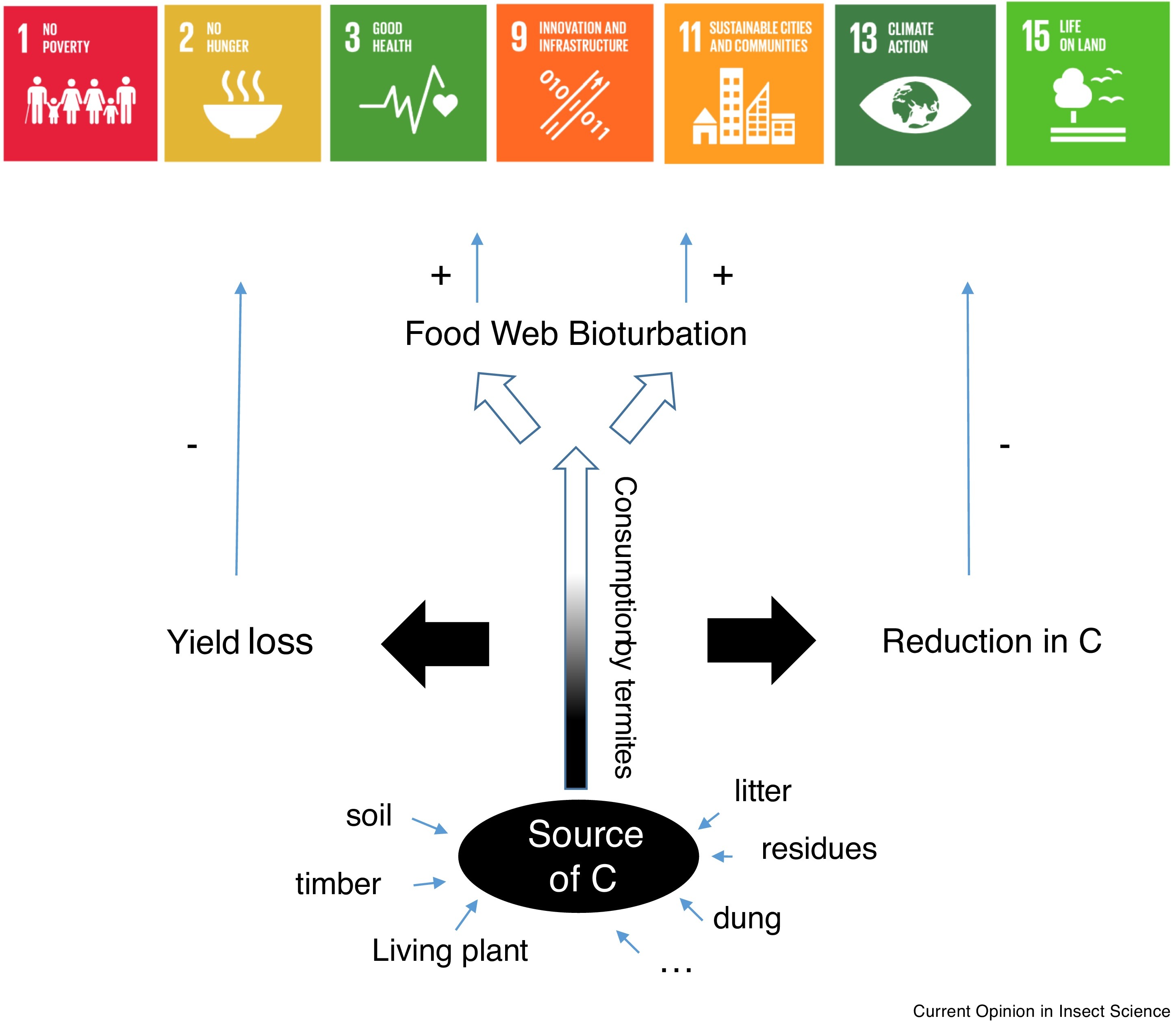17th September 2020
The Lancet Global Health, Volume 8, September 2020
One Earth, Volume 3, 18 September 2020
The recession and debt distress accompanying coronavirus disease 2019 (COVID-19) pose serious threats to governments’ ability to invest in achieving the Sustainable Development Goals, raising the specter of another lost decade for climate action. However, fiscal policy can be designed to simultaneously stabilize the economy and public finances while advancing sustainable development.
The Lancet Global Health, Volume 8, August 2020






